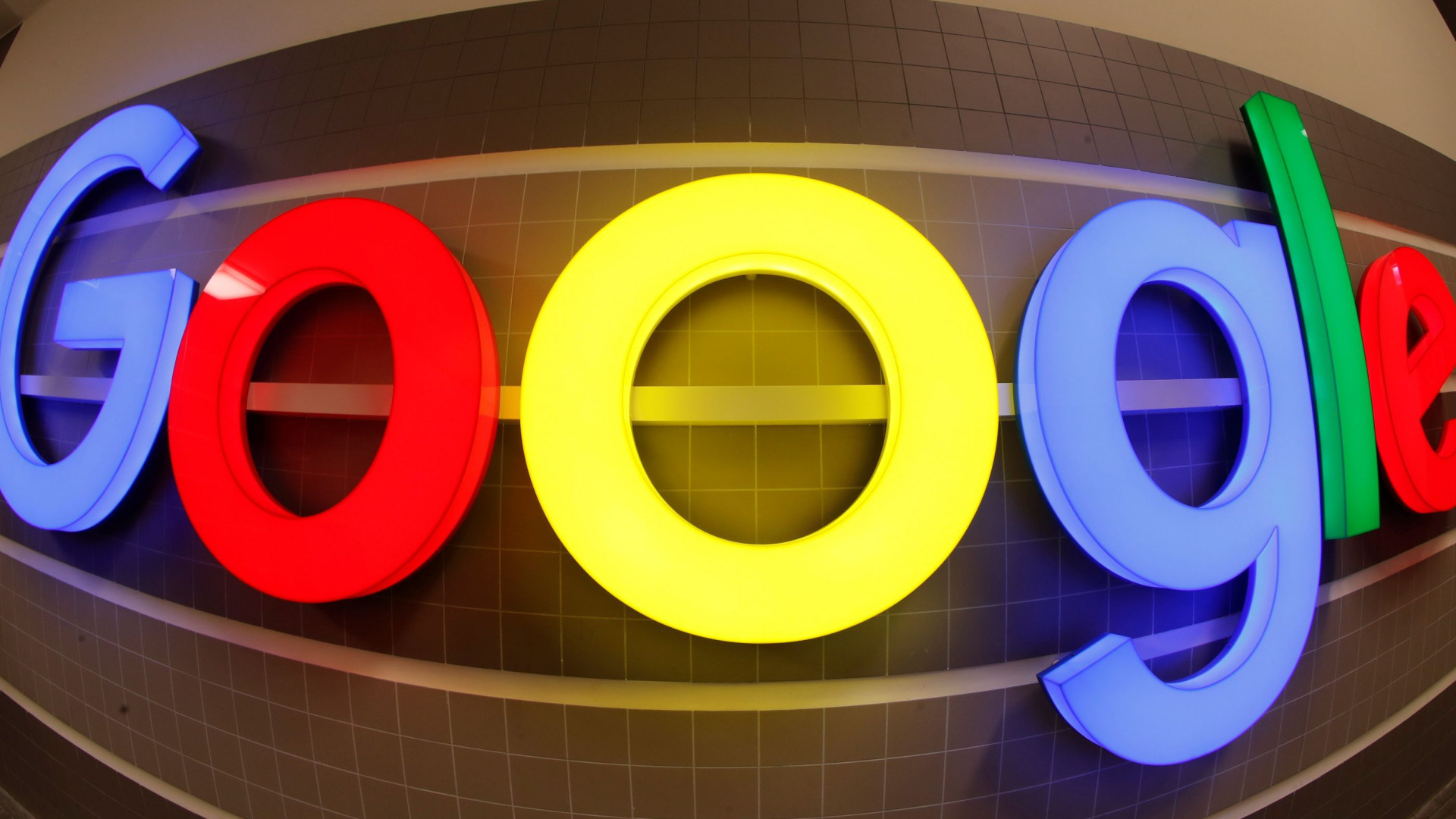DIGITAL LIFE
 Google: "Platforms can not do everything by themselves"
Google: "Platforms can not do everything by themselves"In an interview with Lusa, via telephone, David Dieudonné points out that "disinformation is a moving target, it is always more complicated, it is always more sophisticated".
In this context where "new challenges" are constantly emerging, he says, "every piece of the puzzle has to do its part: essays, teachers and, of course, platforms."
The approach to misinformation - a concept that is more appropriate than 'fake news', he believes - has to be 'multidimensional', from different angles. "Regulation is just one piece of the solution," he notes.
David Dieudonné mentions some Google initiatives that support fact checking, for example the 'factchecktag' (label for newsrooms that have fact check teams).
At the same time, Google has invested in projects such as the Trust, which "tries to define, together with the media, companies and academics what can be quality journalism," he adds, stressing that it is necessary to "equip users, namely the younger ones, so they can recognize quality content online. "
So the platform has also "supported media literacy efforts around the world, having made $ 10 million available last year," he says.
On Monday, support was announced to the Portuguese Press Association for a "project to promote media literacy among the most vulnerable communities, from north to south of the country and autonomous regions of Madeira and the Azores," according to a statement from Google .
The project, funded by 250,000 euros, proposes to make available newspaper subscriptions to teachers, to use them in classrooms with students, and to bring newspapers to clubs, day centers and other institutions to support the elderly.
However, he points out, "there are certain decisions that can not be taken by the platforms, especially those that concern evaluating the quality of journalism." So, he explains, Google has worked, in partnership, "with newsrooms and universities around the world to ensure better content."
The platform has also tried to "adapt the product to this concern, namely the search engines, but also YouTube, for example," he says. "There is work we are doing to ensure that our system recognizes content from the point of view of authority and relevance," he says.
All this without ever "suppressing content, that would be censorship". Google prefers to add "context to make users better informed," he countered. Lusa
/i.s3.glbimg.com/v1/AUTH_e536e40f1baf4c1a8bf1ed12d20577fd/internal_photos/bs/2026/x/E/6Ka7mNR6SBAyYukgqAkA/geurra.jpg)
No comments:
Post a Comment